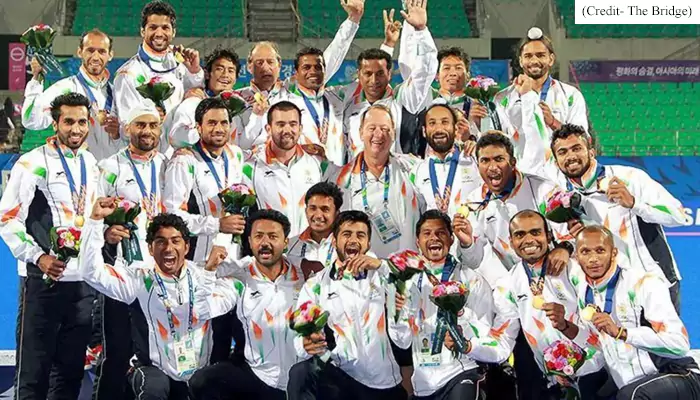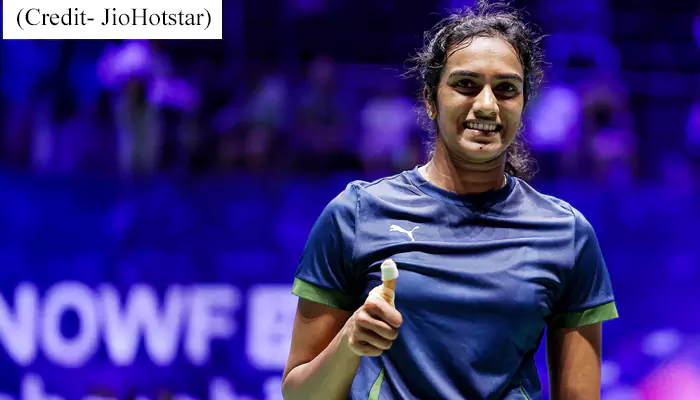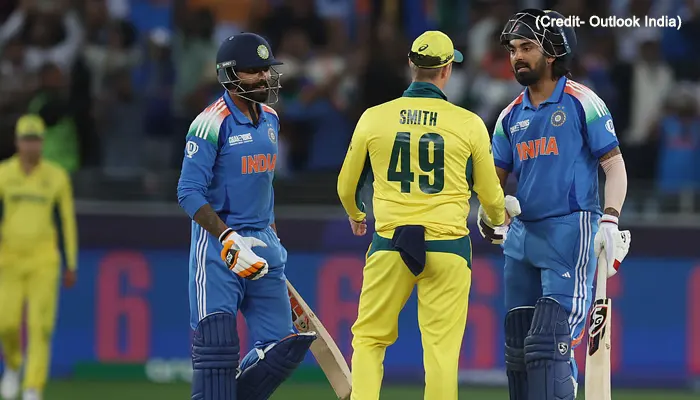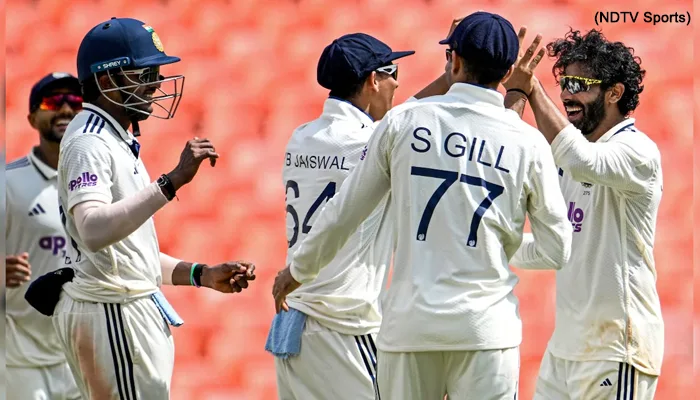When Forgotten Legends Christened India's Hockey Legacy Over Five Different Olympic Games
- Admin
- 1 year ago
- 4 minutes read

The 1936 Berlin Olympics marked a fitting farewell for the legendary Dhyan Chand.
The Indian men’s hockey team boasts a remarkable Olympic record, having secured a staggering eight gold medals. This dominance, particularly evident in their early years, cemented India’s position as a powerhouse in the sport. Here’s a closer look at five of their most significant victories:
Amsterdam 1928: Birth of a Legend
The 1928 Amsterdam Olympics marked India’s return to the Olympic hockey scene after an eight-year hiatus. This tournament witnessed the emergence of a young Dhyan Chand, who, though not yet a household name, showcased his exceptional talent. The team, led by Charan Singh, displayed exceptional cohesion, scoring a remarkable 29 goals across five matches without conceding a single one. The final against the Netherlands saw Dhyan Chand score a hat-trick,securing India’s first-ever Olympic gold medal in hockey.

The Indian hockey team won its first Olympic gold at Amsterdam 1928 // Picture Courtesy — Olympics.com
Los Angeles 1932: Back-to-Back Glory
Internal team tensions due to differences between Indian and Anglo-Indian players threatened to overshadow India’s performance at the 1932 Los Angeles Olympics. However, the team channeled their frustrations onto the field, dominating the competition. Their first match against the USA resulted in a resounding 24–1 victory, with Dhyan Chand’s younger brother, Roop Singh, scoring a record-breaking 10 goals. The final against Japan was a mere formality, ending 11–1 in India’s favor, securing their second consecutive Olympic gold medal.
Berlin 1936: Dhyan Chand’s Farewell Symphony
The 1936 Berlin Olympics marked a fitting farewell for the legendary Dhyan Chand, who announced his retirement after the tournament. Leading the team as captain, he orchestrated another dominant run. India remained undefeated throughout the league stages and the semi-final, scoring a staggering 30 goals and conceding none. The final against Germany witnessed another stellar performance by Dhyan Chand, who scored a hat-trick, his second in an Olympic final. India secured a resounding 8–1 victory, gifting Dhyan Chand a glorious retirement with three Olympic gold medals to his name.

The days of Indian Olympic glory// Picture Courtesy — The Bridge
London 1948: Post-Independence Triumph
Following a 12-year hiatus due to World War II, India returned to the Olympic stage at London 1948, this time as an independent nation. The team, featuring a new star in Balbir Singh Sr., dominated the competition. They defeated Argentina, Austria, and Spain en route to the final, which pitted them against the host nation, Great Britain, at the iconic Wembley Stadium. The match held immense significance, being the first encounter between the two nations after India’s independence. Unfazed by the pressure, India secured a comprehensive 4–0 victory, with Balbir Singh Sr. scoring a brace.This victory marked a historic moment for India, not just in hockey, but also as a newly independent nation.
Melbourne 1956: Completing a Second Hat-Trick
The 1956 Melbourne Olympics witnessed India complete their second hat-trick of Olympic gold medals, solidifying their position as the undisputed kings of hockey. Their dominance was evident from the start, with comfortable wins against Singapore, Afghanistan, and the USA. The semi-final against Germany, however, proved to be a challenge, with India managing only a solitary goal. The final against arch-rivals Pakistan was further complicated by a hand fracture suffered by Balbir Singh Sr., now the team captain. Despite the injury, Balbir Singh displayed exceptional leadership, playing through the pain and guiding India to a historic 1–0 victory. This win marked India’s sixth and final Olympic gold medal for a significant period.
These five victories represent only a portion of India’s remarkable Olympic hockey legacy. While their dominance eventually waned, their early triumphs continue to inspire generations of hockey players.











